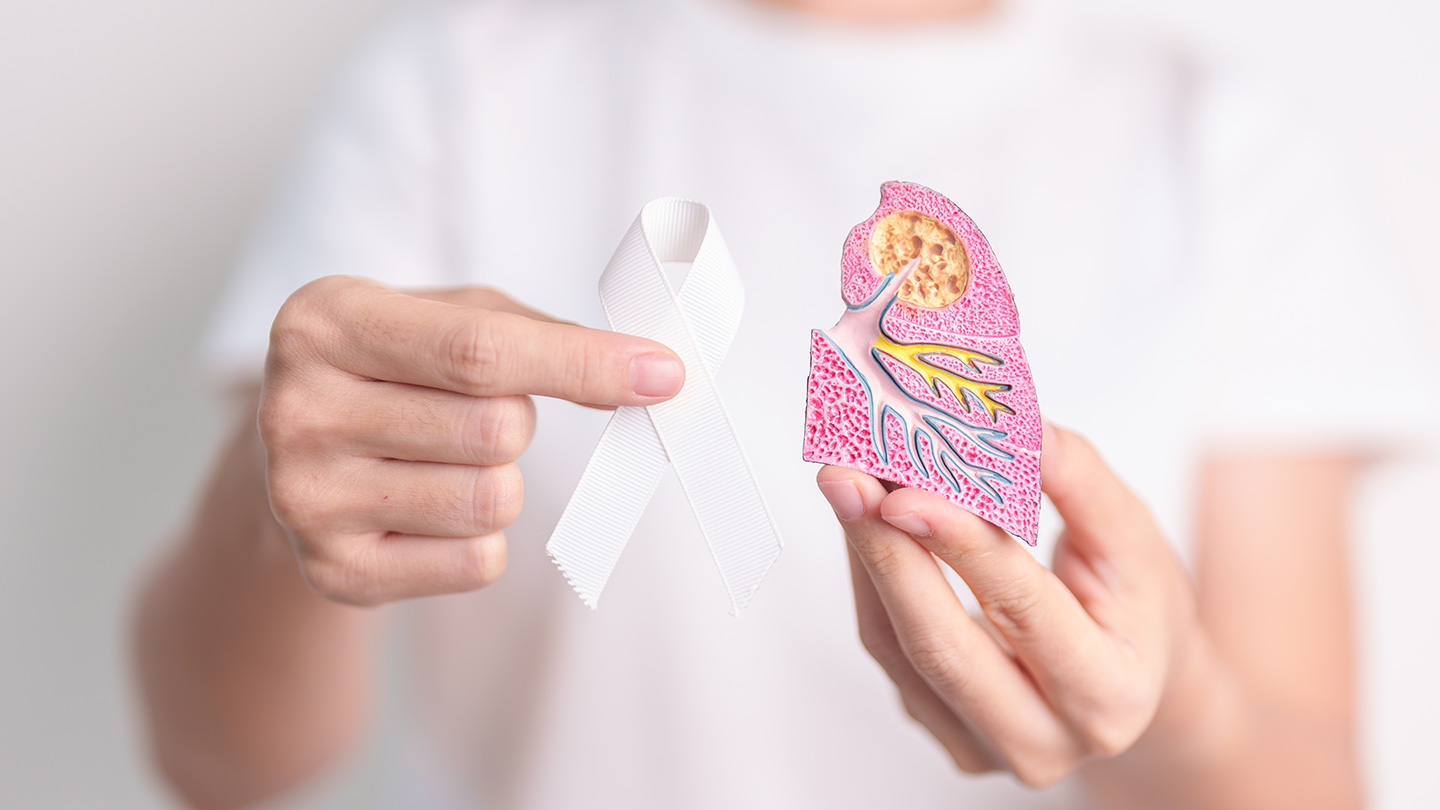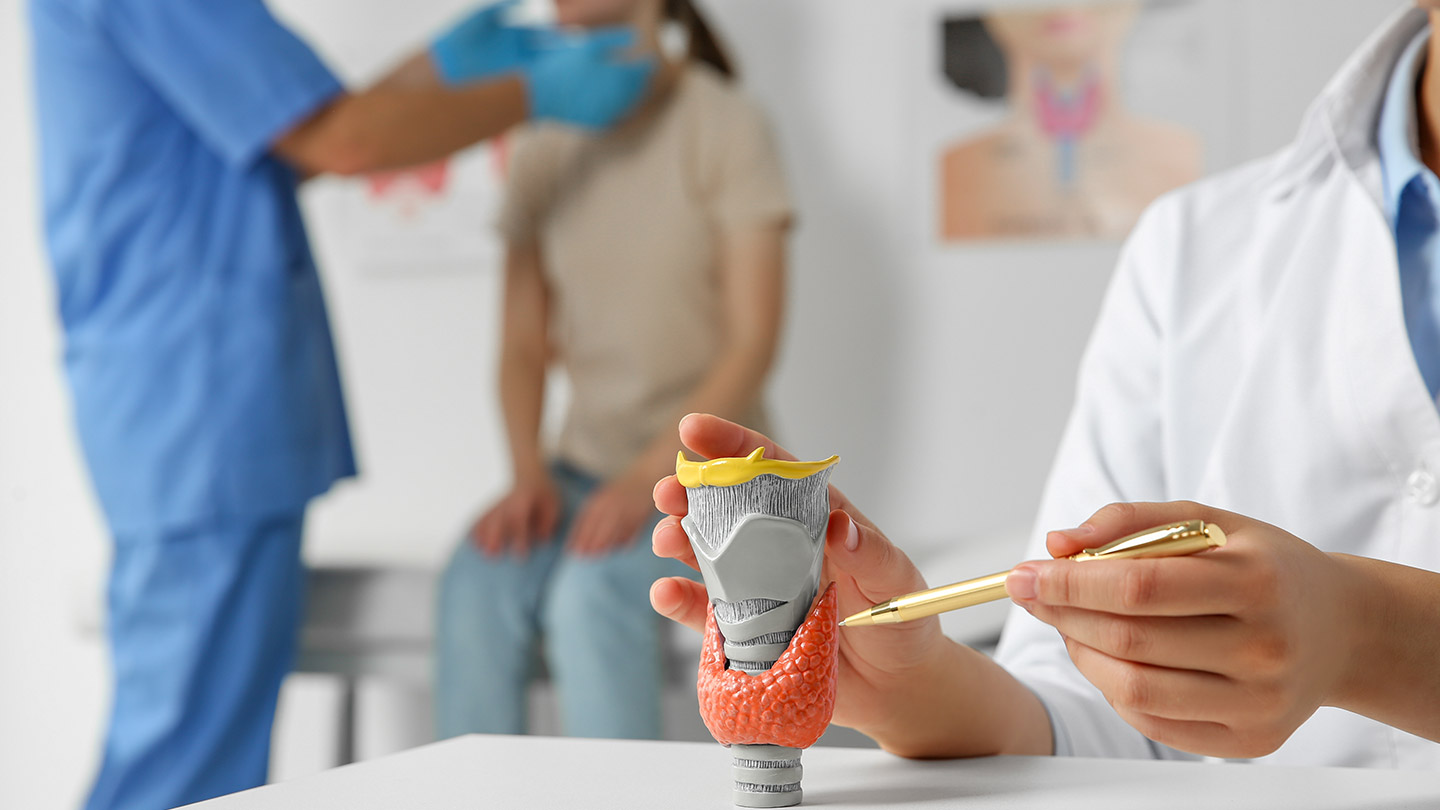Medical
New Breast Cancer Vaccine: Everything You Need to Know
A promising new breast cancer vaccine aims to prevent triple-negative breast cancer by training the immune system to attack risky proteins.
.jpg)
According to 2024 research, about 5 to 10 per cent of breast cancer cases are thought to result directly from gene changes passed on from a parent. While an individual can be diagnosed with breast cancer without possessing any risk factors, specific lifestyle modifications and timely screening can possibly mitigate the chances of contracting breast cancer.
Breast cancer screening is an important health measure that plays a vital role in the early detection and treatment of the disease. Early screening allows for the identification of breast cancer at more treatable stages, significantly improving survival rates and reducing the need for aggressive interventions. Regular screenings, such as mammograms, help detect abnormalities before symptoms appear, empowering individuals with the opportunity for timely medical intervention.
Need all your wellness solutions in one place? A whole new world awaits just a click away.
Anixa Breast Cancer Vaccine
In June 2025, biotechnology company Anixa Biosciences, Inc., in collaboration with the Cleveland Clinic, announced that its breast cancer vaccine had successfully completed phase one clinical trials. The vaccine will now move into the next stages of development, bringing doctors closer to potentially preventing cancerous tumours from forming.
Anixa’s breast cancer vaccine works by teaching the immune system to spot and destroy cancer cells before they turn into dangerous tumours. The vaccine is given as three shots, spaced two weeks apart, and targets alpha-lactalbumin, a milk protein made during lactation but usually absent afterwards. This protein is found in about 70 per cent of triple-negative breast cancer (TNBC) cases, according to a study published by the British Journal of Cancer.
Related story: Preventing Breast Cancer
Triple-negative breast cancer (TNBC) is an aggressive form of breast cancer that does not have the three common receptors (oestrogen, progesterone, and HER2) that most breast cancers have. Because of this, it does not respond to many standard treatments, making it harder to treat and more likely to return.
According to Dr. Rima Patel, an oncologist at Mount Sinai, the goal is to train the immune system to see this protein as harmful and destroy it before it can cause cancer. In an early phase one trial, 35 women at high risk, either due to a history of early-stage TNBC or genetic factors, received the vaccine. It was generally well tolerated and triggered an immune response in most participants.
Related story: How to Do A Breast Self-Exam
A 2020 study published by Nature Medicine, mice have also shown that the vaccine can activate the immune system and prevent breast tumours. While results so far are encouraging, researchers will need larger, controlled studies to confirm its effectiveness and safety in humans.
Genetic Testing: Knowing Your BRCA Status
The BRCA1 and BRCA2 genes help repair DNA damage. Mutations in these genes can significantly increase the risk of breast and ovarian cancer. This makes it important to consider getting the genetic testing done.
You might consider genetic testing if you have:
- Multiple family members diagnosed with breast or ovarian cancer
- Relatives diagnosed at a young age (under 50)
- A known BRCA mutation in your family
- Ashkenazi Jewish ancestry (higher prevalence of BRCA mutations)
Testing Process:
- Usually, a blood or saliva test
- Can be ordered by your doctor or through specialised genetic counselling
- Results guide your prevention plan, which may include more frequent screening, preventive medications, or even risk-reducing surgery
Related story: Breast Cancer Awareness: How to Do a Self-Exam
This vaccine marks an exciting step forward in breast cancer prevention, offering a unique approach to targeting TNBC, a form of cancer that’s often harder to treat because it lacks targeted therapies. If future trials continue to deliver positive results, it has the potential to be a true game changer in protecting high-risk individuals and reducing the burden of this aggressive disease.
Regular health checks are essential for everyone, but they are particularly important for individuals who are at risk of or already have any underlying condition. Taking regular health checks can help detect the condition at an early stage when it is easier to manage and treat. With the UR.Life HRA, we help you to invest in your well-being through seamless interventions and targeted medical treatments. Our holistic wellness approach caters to all aspects of your well-being. We ensure that you can bring your whole self to work.
With our medical professionals by your side, routine health check-ups will never be an issue. Advanced laboratory technologies back UR.Life’s Occupational Health Centers (OHC), and with highly qualified experts/technicians, we’re committed to delivering trusted and quality recommendations, modifications and advice to you.
Need all your wellness solutions in one place? A whole new world awaits just a click away.
EXPLORE MORE
New research has identified four biologically distinct autism subtypes, opening the door to earlier, more precise diagnosis and personalised support.
Lung cancer often whispers before it screams. From lingering coughs to unexpected voice changes, the body drops hints you don’t want to miss.
Not all symptoms should be brushed off. Some consistent signals, though subtle, may point to serious underlying health issues that need prompt medical attention.
Your thyroid might be tiny, but it has a huge impact on your energy, mood, weight, and sleep. Here’s how to care for it.







.jpg)

